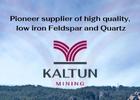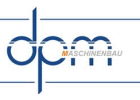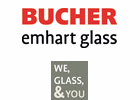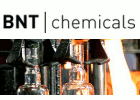INFO
This is the basic company information. The company provides additional detailed information, such as website, fax and telephone numbers, contact persons, history and company data.
To get access to this information or for printout of the company profile, you need to have a valid "Profile Access" to glassglobal.com. Information for booking are available at Price Info .
Contact Info
| Address | Rhodia Electronics & Catalysis Z.I. 26 rue Chef de Baie 17041 La Rochelle Cedex 1 |
| Country | France |
| Get in contact with Rhodia Electronics & Catalysis |
Products or Machinery
Glass Composition:The use of Rare Earths oxides in the glass composition allows the manufacturing of bright and stable colored glass pieces with good thermal and chemical resistance.
Cerium is also well knowned to removed undesirable coloration of iron oxides.
Rare Earths are also used to tune properties of glass for a series of applications like optical glass, irradiation stabilised glass, Laser glass, optical fibers.
Lanthanum oxide gives borate glass exceptional transparency and a very high refraction index.
Neodynium allow to improve contrast and is used in car glass mirrors.
Yttrium and gadolinium are also used in optical glass as stabilizers to prevent glass containing lanthanum from recrystallizing.
Filtering Rays, Cerium oxide is used in the manufacture of stable glass for filtration (protection against electronic, UV rays, etc.).
Glass for Laser Application, Glass doped with neodymium is used in powerful lasers. Laser glass requires Rare Earths of extremely high purity.
Fiber Optics Rare Earths in very low amounts (a few ppm), such as the erbium in glass used in fiber optics, have the property of transmitting and amplifying information. The purity required is 99.999 %.
Glass Polishing : Cerium oxide is of major importance in the glass industry because of its ability to polish glass, thanks to its natural hardness and to the chemical reaction that takes place at the interface between the glass silica substrate and the Cerium oxide particles.This reaction occurs in water and involves the creation of a silicate stratum which makes the glass surface more fragile and less resistant to mechanical erosion and physical modifications. Cerium oxide powders can be incorporated into synthetic polishing pads or wheels or more frequently they are used in aqueous slurry fed onto the polishing tool.






















